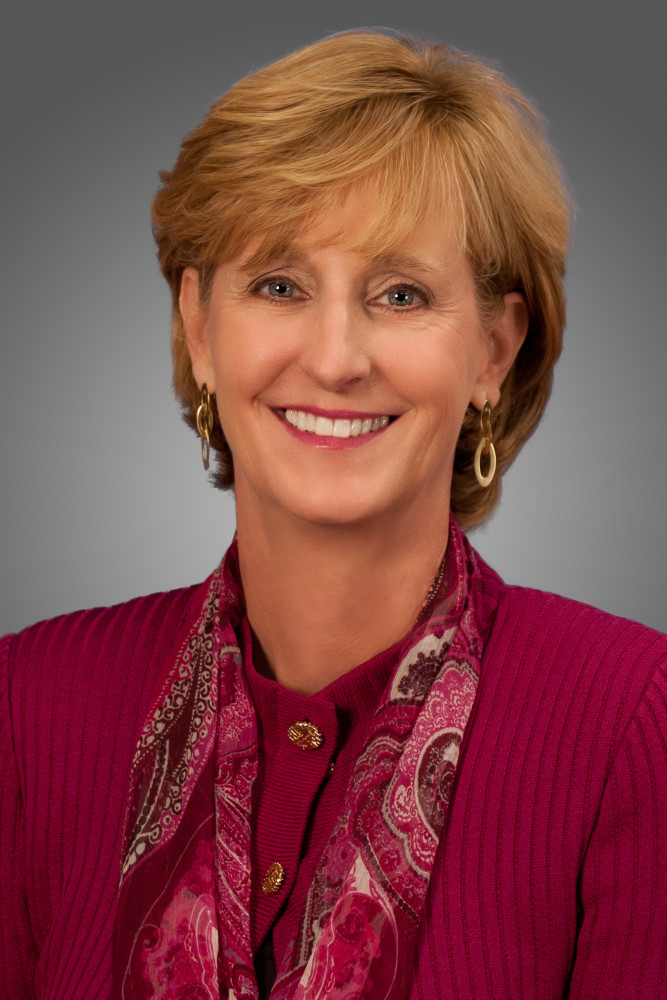By Celeste Smith
The Charlotte Observer.
One of Susan DeVore’s leadership tests came in the form of a misdirected email.
While a region leader for her former employer, Cap Gemini Ernst & Young, DeVore created a spreadsheet assigning rankings to high- and low-performing workers. Those highest performers, the 4s and 5s, were the employees to focus on, she reasoned.
Later, after her email meant only for a few eyes instead went companywide, DeVore received a phone call from an upset employee: “I’m one of your 3s.”
“It would have been easy for me to wait for it to blow over,” said DeVore, now president and CEO of Charlotte-based Premier Inc., during a panel discussion Wednesday night on female corporate leadership, held at the Wake Forest University Charlotte Center.
Instead, DeVore said, she called all 300 people with low rankings and asked them why they are a 3, and what it would take to raise their level.
The lesson: “Be courageous and be brave” in your decisions, DeVore said.
Sponsored by Wake’s Charlotte Center and The Charlotte Observer, the discussion, called “Myths about Female Leadership,” featured some of Charlotte’s top business leaders.
Panelists included DeVore from Premier, a health solutions company headquartered in Ballantyne; Duke Energy CEO Lynn Good; Rodgers Builders CEO Pat Rodgers; and Andrea Smith, global head of human resources at Bank of America. Observer publisher Ann Caulkins was the moderator.
Here’s an overview of the discussion:
On taking chances: Opportunities can come in forms you might not expect, but “sometimes, you really have to stretch yourself,” Rodgers said. When her construction company offered flying lessons to others, but not her, Rodgers said she had to think about whether she really wanted to ask for them. She did, and later took the lessons. “When opportunity knocks, it’s up to you as to whether you want to open the door.”
On dealing with stereotypes: Good recounted an incident at a former company, where she walked into a meeting and the male CEO asked her to go get the danish. ” ‘He thinks I’m the help,’ ” Good recalled thinking. “When I got up to speak, his face fell.” “I find at times, people underestimate me,” Good said. “That’s really an asset.” While interviewing for her first bank job in 1988, Smith said the interviewer asked if she had a boyfriend, then showed Smith a photo of his son. Smith said she got the job, then made a point of focusing on her performance. “It’s about dispelling those myths,” she said. “How do you deliver and do your job?”
On asking for raises: Panelists said women should ask for money more than they do. When Smith heard that a competing company would pay her significantly more to switch jobs, she used that to position herself to ask for a raise.
DeVore said women who have asked her for raises were most successful when they were authentic — asking her what they needed to do to get to the next level and make more money.
On taking headhunter calls: DeVore said answering calls from recruiters seeking out talent helps validate what you are doing. “I have also always answered every headhunter call,” said Good. “It doesn’t mean you are being disloyal,” but it’s a way to stay in touch with what your field wants.
On mentoring: Regard mentoring as a two-way street, Rodgers said. After helping a contractor figure out his payroll reports, she later found that he, and others, wanted to be on her projects.
Good said to seek out mentors “brave enough to give … brutally honest feedback.”
“If you keep an open mind, you can learn so much from the people around you.”














































































































































































































































































































































































